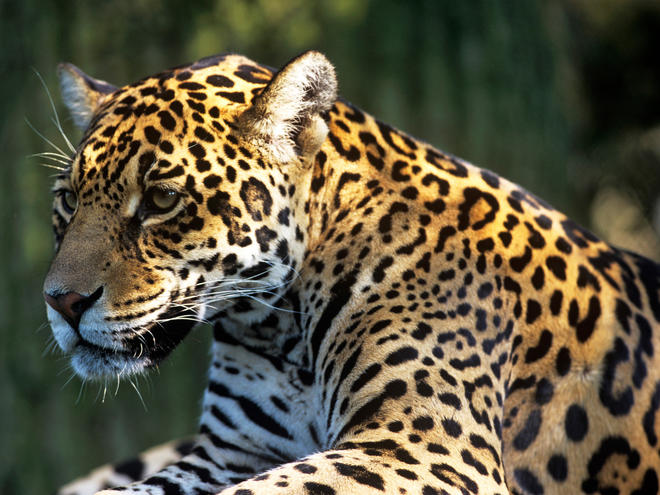The Amazon’s athletic animals
Published by the World Wildlife Fund

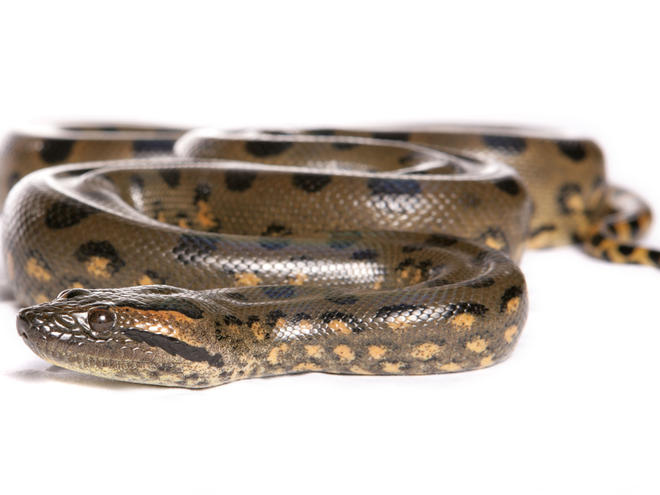
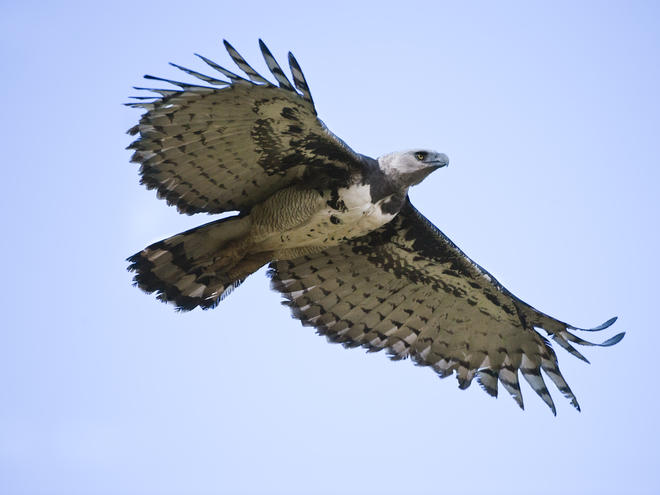
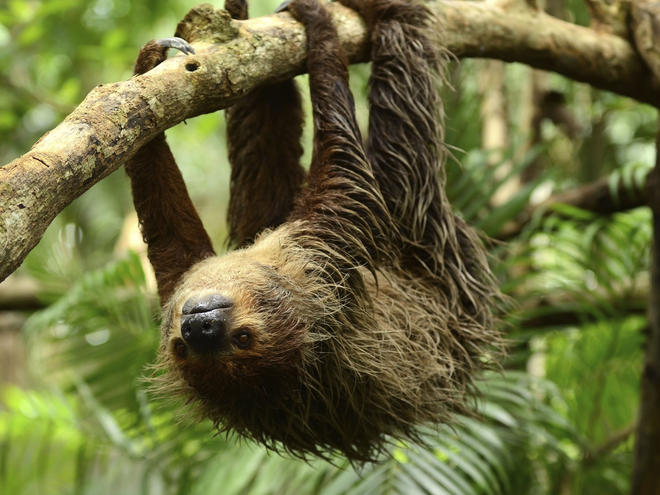

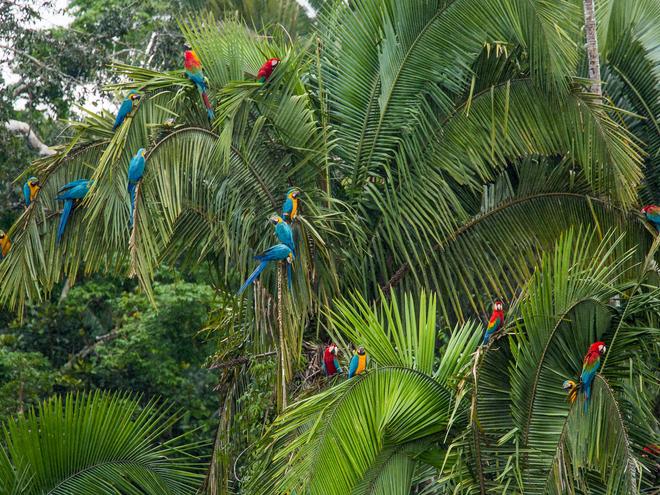
As the world turns to Brazil to witness inspiring feats of greatness, we are reminded of the prowess and power beyond the games in the nearby Amazon. The Amazon’s animal “athletes” demonstrate skill and strength humans can only envy.
The Amazon is home not only to home to these amazing animals but one in ten of all known species in the world. More than 30 million people also call its forests home. The Amazon helps provide the air we breathe and its river and tributaries hold 20% of the river water on Earth.
WWF is working to help secure a future for the Amazon through programs like ARPA — the largest tropical forest conservation project in history. Protecting the Amazon’s precious and vital habitat is a win for nature and all of us.
Compare your skills to the Amazon’s athletic animals: Take our quiz
Jaguar – the speedster
Known more for its jump – the word jaguar means “he who kills with one leap” – this cat can also reach speeds of up to 50 mph at a short distance. That’s nearly twice the speed of the fastest human!
Anaconda – the wrestler
This is one opponent no one wants to go up against. The world’s largest snake, the anaconda attacks quickly and coils itself around its prey. The snake’s body constricts until the prey is successfully suffocated.
Harpy eagle – the diver
The harpy eagle rules the upper canopy of the rainforest. It can snatch its prey at high speed, diving up to 50 mph. With a wingspan that reaches up to 6 feet, the harpy eagle is a powerful predator, lifting prey up to half its body weight.
Sloth – the gymnast
Not generally known for its athletic prowess, the sloth has major hanging power. Curved claws help them suspend from branches for hours at time. Sloths eat, sleep and even give birth while hanging from trees.
Amazon river dolphin – the synchronized swimmers
With standout looks (pink hue, elongated snout), these dolphins also demonstrate remarkable flexibility. They can turn their heads in any direction and their flippers allow them to move in circular motions. Both helpful skills as they navigate through vegetation and flooded forests in their river home. These dolphins undoubtedly understand the power of performance too, as males have been known to carry branches, vegetation or balls of clay in their mouths in order to attract mates.
Macaw – the fans
Found in groups of 20 or more, macaws make loud vocalizations that can carry for a couple of kilometers. During the day, they blend into the sky but perched in the treetops there’s no mistaking these vibrant and vocal icons of the Amazon.
Read the full article at: http://feedproxy.google.com/~r/WWFStories/~3/z0M2LtNembk/the-amazon-s-athletic-animals

